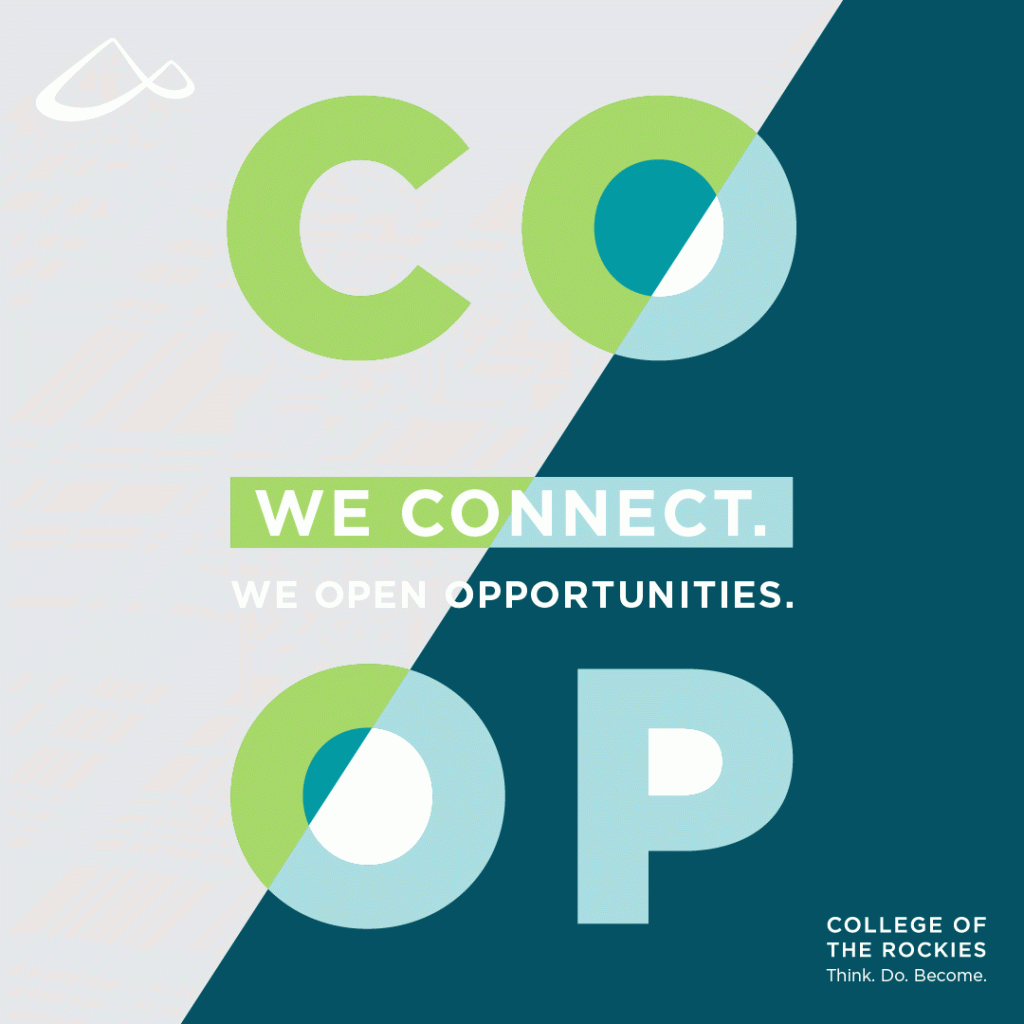Associate of Science – Biology and Pre-Medicine
Are you interested in pursuing a career in Health Sciences? Do you want to understand how genetics, microbiology, and cell biology contribute to human health and disease? The Biology and Pre-Medicine Associate Degree is flexible to your goals serving as the first two years of a bachelor’s degree in life sciences and a diverse range of health professions.
Our second year labs include exciting procedures like CRISPR-Cas 9 gene editing! You can also gain experience in a Containment Level 2 Microbiology facility! Through coursework you’ll develop strong skills in the laboratory and field, technical writing, and data analysis and collection. Dedicated instructors and mentors will help you to build a strong foundation of skills and knowledge.
Don’t stop there, use your associate degree to further your studies in fields of biology and medicine. Speak to an Education Advisor to find the path that’s right for you!
Program Information
Tuition and Fees for Domestic Students
Tuition and Fees for International Students
Career Pathways
Associate of Science Degree – Biology and Medicine Pre-Major – Transfer Information
Articles of Interest
From Curiosity to Commitment: A Future Doctor’s Story – College of the Rockies
